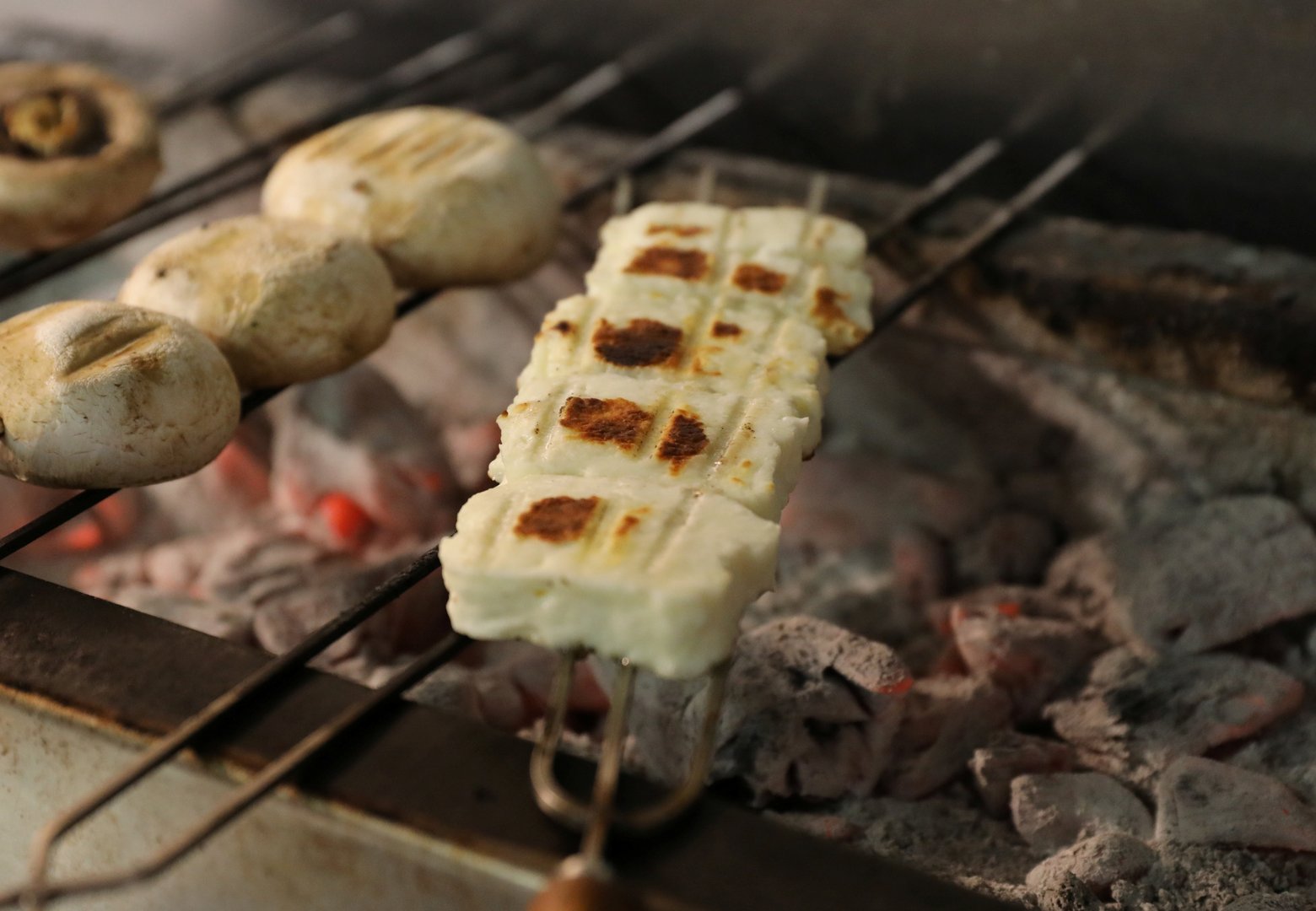Cyprus is one step closer to the implementation of the halloumi PDO regulation as the agriculture ministry said on Friday it is notifying the relevant bodies to abide by the specifications “within a reasonable time”.
Amidst strong reaction from cattle-farmers and dairy producers, a letter was sent to all local cheese producers on Friday reminding them of their obligation to follow the PDO (protected designation of origin) regulation for the production of the traditional cheese.
The agriculture ministry will forward a similar letter to sellers, such as supermarkets and smaller stores, either on Friday or Monday informing them they must remove any products sold under the name ‘halloumi’ which are not PDO certified.
This should be done within a reasonable amount of time, meaning a week or so, a spokesman for the agriculture ministry told the Cyprus Mail.
The move comes after a large dairy manufacturer was reported to the European Commission by Germany, which had found non-PDO halloumi on its supermarket shelves. The Commission gave the government, which had turned a blind eye to the sale of non PDO certified halloumi, 10 days to respond.
But a source in the agriculture ministry said the deadline concerns the producers and not the supermarkets.
Meanwhile, cheese producers and the farmers’ groups were expected to respond to the government’s ultimatum on the milk ratio used to produce halloumi after their meeting on Thursday.
However, the general manager of the Pancyprian Cattle-Farmers Association (Poa), Nicos Papakyriakou had said the proposal, which was given verbally, was vague and the producers wanted clarifications.
According to the agriculture ministry, only a small percentage of cheese makers have registered with the PDO certification system. This is estimated at around 10 to 15 per cent.
Hence, there are currently certain halloumi products that follow the PDO, the spokesman said, without providing specific numbers.
Under the PDO regulations, 25 per cent of the milk in halloumi should come from sheep and goats (rising to 51 per cent in a couple of years), with the remainder from cow’s milk.
Until now most producers used only or a large percentage of cow’s milk, which they said, is how the majority of consumers prefer their halloumi.
Other problems have also arisen with regard to the PDO file. Earlier this week, Papakyriakou said, the agriculture minister announced in the official gazette that it would change the breeds of sheep and goats in the PDO specifications, because those listed do not exist in Cyprus – 85 per cent of sheep and goats do not satisfy the breed specfications he said.
Papakyriakou also warned that implementation of the PDO would give an advantage to the Turkish Cypriots, as they “would be able to sell to third countries which make up half our exports.” The PDO was valid only in the EU.
The row has resulted in a series of protests by the groups involved in the halloumi production, including one of the sheep and goat farmers outside the presidential palace last May. Demonstrators had dumped gallons of milk, set fires to bales of hay and blocked roads outside the palace.







Click here to change your cookie preferences